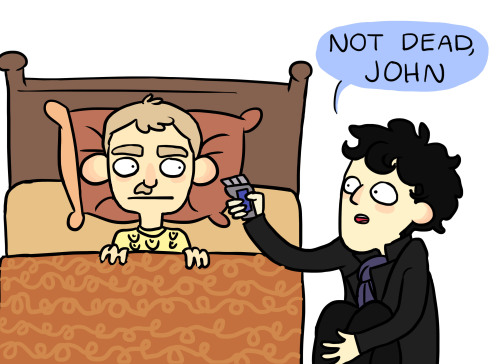German Interjections
Dec 3, 2010 18:25:17 GMT -5
Post by Meeka on Dec 3, 2010 18:25:17 GMT -5
Interjections!
What is an interjection, you ask? An interjection is basically a word used to express emotion. Basically, it's just an exclamation. Below I shall list some common interjections used in Germany and their English counterparts. Here goes:
- German: Ach? (Used to express wonder or disbelief. Similar to "oh?")
- German: Nanu? (Used to express surprise over some matter. Does not have an appropriate word in english. Could be used in a sentance like this: Nanu? Where did you get this awesome Ripred?)
- German: Na? (Not at all the same as the former. Na is used as a question of its own. It's equivalent to "how are you?")
- German: Hurra! (To express joy. It means "Hooray!")
- German: Ei! (Another word that can mean either "yes" or in some cases as an "oh dear")
- German: Hoppla! (The same as whoop-si-daisy or whatever that is.)
- German: Pfui! (Used to express disgust. The same as "ew" or "gross")
- German: Aua! (Expression of pain. In english this would be "ow".)
- German: Auweh. (This signifies regret or remorse. Similar, I guess, to "oh, dear.")
- German: Oje. (It has the same meaning of regret or remorse as the above.)
- German: Igitt! (A common way to express disgust. Very much the same as "ew!")
- German: Hatschi. (No, this is not a name. It's the way Germans imitate the sound a sneeze makes. Instead of "atchoo")
- German: Kikeriki. (Yupp. This is the sound a rooster will make in Germany and it is the sounds we use to imitate them. Isn't this interesting?)
- German: Wau/miao. (In Germany, dogs don't go "ruff" or whatever they do in english-speaking countries and cats don't "mew".)
- German: Klingeling. (Even doorbells sound different here. They don't go "ding-dong".)
- German: Tatu-Tata. (This is the sound a police car/fire engine makes in Germany. I don't even know the english equivalent.)
Am I the only one who finds it interesting that although we all feel the same emotions, we all express them in a different manner? That even though I presume dogs and cats sound the same way, the sound they make is imitated differently? Hm... I wonder if the German rooster and the British rooster could understand each other? I find this amazing.
I'd find it really, really awesome if you could add interjections in english or in Spanish, French or Japanese (if you happen to know them.) Already the fact that something as universal as pain is different (ow, aua, ouch, autsch) makes this fascinating to me!





















































 [M:2982250]
[M:2982250]

















